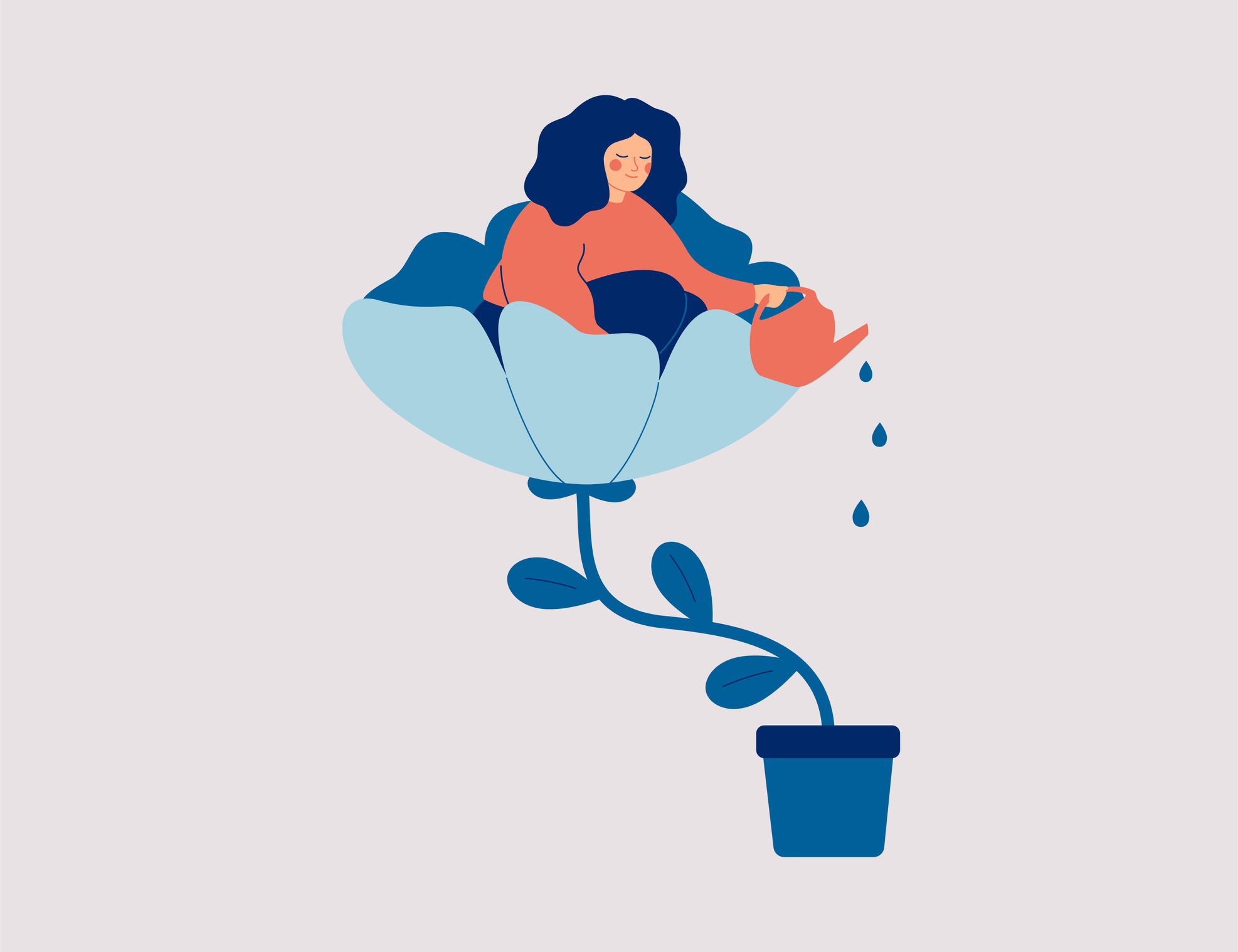I have blogged this video at least a couple of times before and I love how it pops up for me willy-nilly out of nowhere to remind me about SILENCE. When Paul Simon wrote this in 1965 it was a song that had a different but very much the same meaning as it does now YES, some nearly 60 years later: NOBODY LISTENS and even fewer actually HEAR which THEN and NOW make for an ANGRY SILENCE
Have you heard
what I didn’t say
It’s a silence
that uses no words
needs no catch phrases
or lengthy paragraphs
and often gets misunderstood as
Angry Silence
Harsh as it seems
it delivers a soft message
with a strong meaning
of not to be well known
but to be worth knowing
always not in a way
to be served
but to serve
without angrily being denied
Wordlessly



































